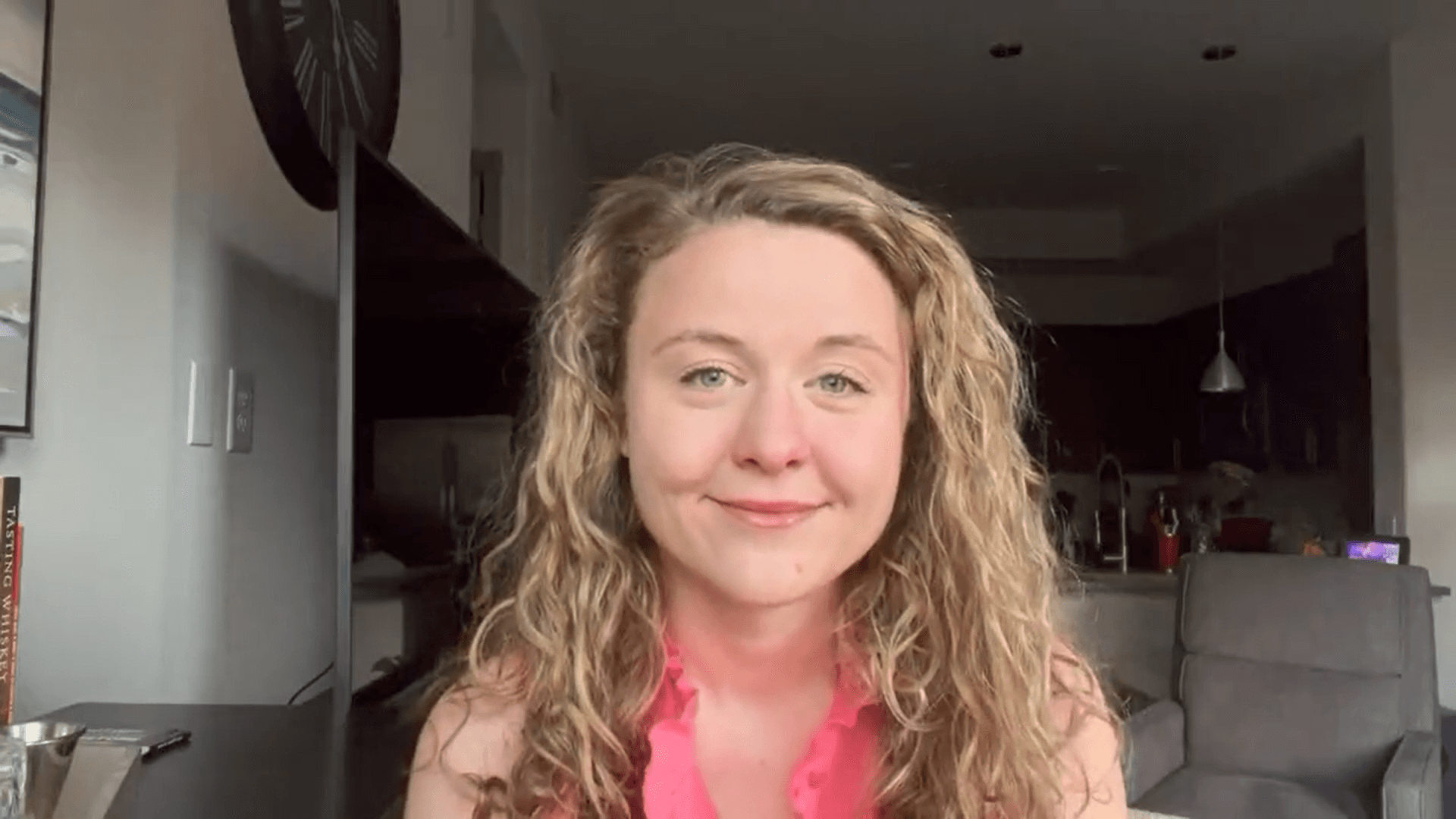Dive into a world of insightful articles, captivating stories, and expert guidance from this institution’s researchers. Explore the latest findings, cutting-edge research, and engaging narratives that contribute to the ever-evolving realm of knowledge.
Featured Academic

In this PhD Talk, Karly Ball draws on both personal experiences and important insights from her study into navigating disability disclosure in the PhD application process. She outlines three potential considerations for disclosing a disability during this process.

In this article, Kristin Hynes describes her experience of comprehensive exams (required by some US universities.) With 5 tips, Kristin shares how other students can be successful in this part of the admissions process.

This article explores the challenges, doubts and pressures faced during the pursuit of a PhD. It takes a close look at how PhD candidates are chosen, highlighting the need for looking into the scientific character of the candidate and their way of thinking rather than just focusing on academic achievements alone. The narrative also highlights coping strategies, advocating for resilience and self-reflection. Ultimately, it offers motivation to others, encouraging them to persevere in their pursuit of knowledge and passion in the face of adversity.

Dr Chris Thompson shares his experience of pursuing a PhD scholarship which was more challenging than doing a PhD itself. He talks about the emotional impact of rejection letters and the moments when he hit rock bottom.

If you aspire to be a lecturer after your PhD, then teaching experience is paramount. There can be apprehension to teach among PhD students based on a perceived lack of subject knowledge, not feeling ready, or having concerns about public speaking. This is only natural. Nevertheless, this article details five ways around this if you give yourself enough time during your PhD!

Want to impress potential employers during your next postdoc or lectureship interview? This article has insider tips from an experienced hiring committee member. Learn how to research the institution and interviewers, prepare examples of your teaching and research experience, practice common interview questions, highlight your collaborative skills, and ask thoughtful questions to impress your interviewers and stand out from the crowd. By following these tips, you can show that you are the ideal candidate for the position and help advance your career in academia.

Rejection stings. You put months into a paper, edit it until you can’t stand to look at it anymore, hit submit, and then a few

Is it possible to complete your PhD thesis in just one year? Read these tips and tricks for writing your own theses. Discover how Jazli prepared before writing, utilized a “changelog” for his supervisors, wrote whenever he was in the mood, worked on a flexible schedule, had a supervisor that checked his content and not his writing, and, most importantly, enjoyed writing.
Be the first to hear about new content, courses, and events. Join our community today!
You’re in! Thanks for signing up. Keep an eye on your inbox for the latest updates, resources, and exclusive offers.